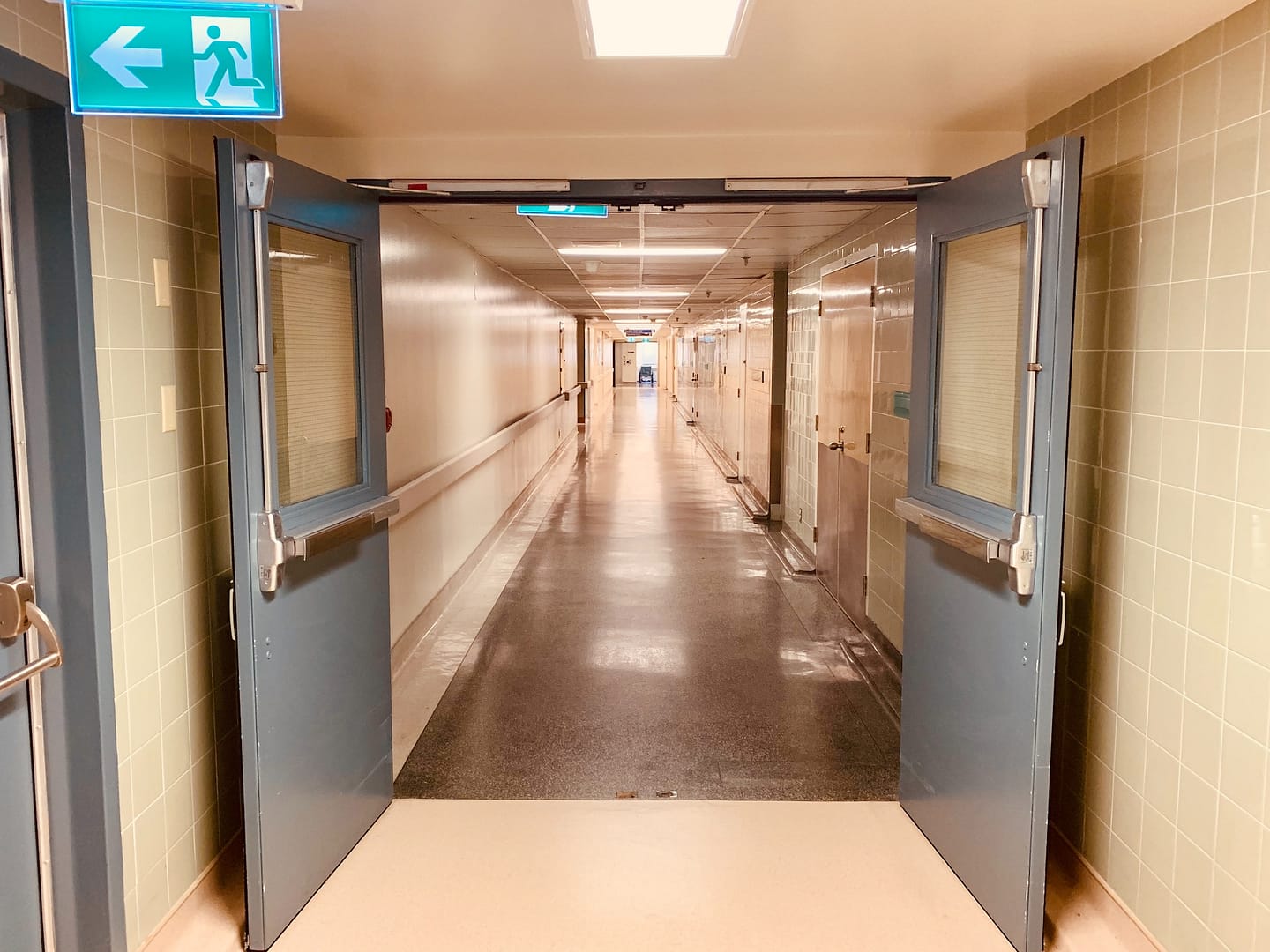Clinical negligence, a term that sends shivers down the spine of both healthcare professionals and patients alike, is a topic that demands our attention and understanding. In this article, we embark on a journey through the intricate web of international perspectives on clinical negligence laws. As we delve into this complex realm, we will explore the possible legal implications of clinical negligence and unravel the global tapestry of how these laws differ across borders.
Understanding Clinical Negligence
Before we embark on our global exploration, let’s first define clinical negligence. At its core, clinical negligence refers to the failure of healthcare professionals to provide a standard of care expected in their field. This failure, often resulting in harm to the patient, triggers legal consequences that vary from one jurisdiction to another.
Legal Implications of Clinical Negligence
The legal implications of clinical negligence are as diverse as the cultures they originate from. Whether you find yourself in the bustling streets of Tokyo or the serene landscapes of Scandinavia, the repercussions for clinical negligence are profound. From medical malpractice suits to disciplinary actions, the consequences can impact healthcare providers both professionally and personally.
In the United Kingdom, for instance, clinical negligence claims have become increasingly common. The National Health Service (NHS) has seen a surge in litigation, with patients seeking compensation for substandard care. This trend underscores the importance of understanding the legal terrain surrounding clinical negligence, not only in the UK but also on a global scale.
Global Variations in Clinical Negligence Laws
As we cross borders and continents, we encounter a fascinating mosaic of clinical negligence laws. Each country, influenced by its unique legal system, cultural norms, and societal expectations, has crafted its own approach to addressing medical malpractice.
The United States: A Litigious Landscape
In the United States, the legal landscape for clinical negligence is renowned for its litigious nature. Patients often resort to filing lawsuits, resulting in a significant number of medical malpractice cases each year. The American legal system empowers individuals to seek compensation for damages, leading to a robust and, at times, contentious relationship between healthcare providers and the legal fraternity.
European Union: Harmonising Standards
Within the European Union (EU), a concerted effort has been made to harmonise clinical negligence laws across member states. The EU’s aim is to create a unified approach that ensures a consistent standard of care throughout the union. However, despite these efforts, variations persist, reflecting the nuanced legal traditions of individual member states.
Asia: Balancing Tradition and Modernity
In many Asian countries, the legal response to clinical negligence is shaped by a delicate balance between tradition and modernity. While some nations lean towards adopting Western-style legal frameworks, others draw upon their rich cultural heritage to devise unique approaches to medical malpractice. This diversity mirrors the broader challenges of globalisation and the clash between traditional values and evolving legal norms.
Africa: Navigating Resource Constraints
In Africa, clinical negligence laws face the challenge of navigating resource constraints. Many countries on the continent struggle with limited healthcare resources, making it challenging to implement and enforce stringent legal frameworks. As a result, patients may find it difficult to seek legal redress for medical malpractice, highlighting the intricate interplay between legal systems and socioeconomic factors.
Making a Clinical Negligence Claim with National Claims
Amidst the global landscape of clinical negligence, entities like National Claims play a pivotal role in facilitating the legal process. National Claims, a leading advocate for those seeking compensation for medical malpractice, offers a unique perspective on making a clinical negligence claim. From navigating the intricacies of local laws to providing expert guidance throughout the claims process, we serve as a beacon for individuals seeking justice in the realm of clinical negligence.

Conclusion
Our exploration of international perspectives on clinical negligence laws unveils a rich tapestry of legal responses. From the litigious landscape of the United States to the harmonising efforts of the European Union and the delicate balance in Asian countries, each region grapples with clinical negligence in its own way. As we reflect on this global journey, it becomes clear that while the keyword “International Perspectives on Clinical Negligence Laws” unites these diverse narratives, the legal nuances that underpin them are as unique as the cultures they represent.
In the grand symphony of global healthcare, understanding these international perspectives is not just a matter of legal intricacies but a reflection of societal values, cultural norms, and the ongoing evolution of the medical profession. As we move forward, let us continue to navigate this complex terrain with a keen awareness of the multifaceted nature of clinical negligence laws on the world stage. And, with advocates like National Claims, individuals can find support in their quest for justice when faced with the unfortunate reality of clinical negligence.
Find out more about making a clinical negligence claim by getting in contact with us and speak to one of our claims specialists today.
Click below to see why we are one of the most trusted claims management companies in the UK.

We’re proud of our excellent customer reviews
We thrive on delivering exceptional service and ensuring our clients’ satisfaction. Don’t just take our word for it. Check out some of our independent reviews to see what our clients have to say.
Excellent

This firm is excellent, they sorted out my car pay out and injury claim very fast, they always communicate with you all the time.

My accident case was dealt with confidence and with great result of the outcome, especially James kept me informed all the time.

I was very impressed at the way my inquiry was treated. I was listened to attentively and everything I needed to know was explained to me.






